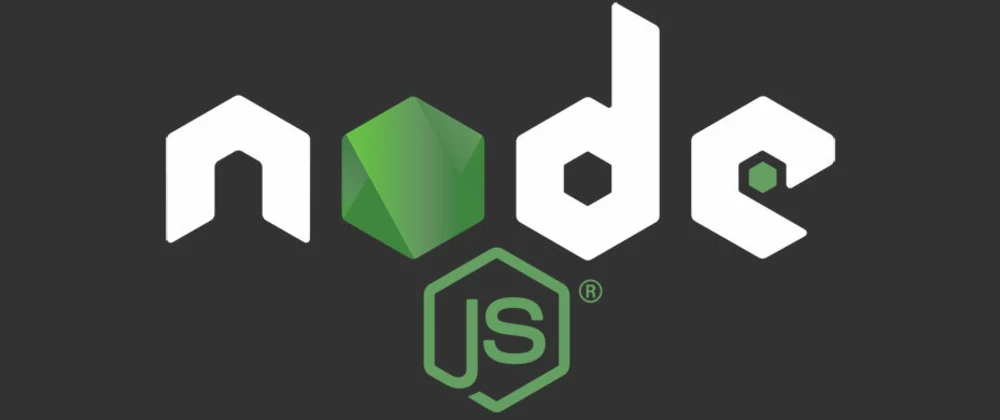Node JS
WHAT IS NODE JS?
- Node.js is a runtime environment for executing JavaScript code on the server side.
- It follows an asynchronous and event-driven programming model, allowing for efficient handling of concurrent requests.
- Node.js leverages the V8 JavaScript engine for fast and optimized code execution.
- It has a vast ecosystem of modules and packages available through NPM, providing a wide range of tools and libraries for building robust and scalable applications.

USE OF NODE JS
- Node.js is widely used for developing web applications, APIs, and backend services. Its event-driven architecture and non-blocking I/O model make it highly efficient for handling concurrent requests and scaling applications.
- Node.js is popular for building real-time applications such as chat applications, collaboration tools, and multiplayer games. It enables bidirectional communication between the server and clients, allowing for instant updates and seamless user experiences.
- Node.js is often utilized for creating command-line tools and scripts. It provides access to file system operations, network requests, and other system functionalities, making it suitable for building command-line interfaces (CLIs) and automating tasks.
Node.js is well-suited for implementing a microservices architecture, where applications are composed of small, independent services. Its lightweight nature, modular design, and ability to handle high request loads make it an ideal choice for developing microservices-based systems.
WHAT ARE THE FEATURES OF NODE JS?
Asynchronous and event-driven – Node.js uses an event-driven architecture that allows for non-blocking, asynchronous I/O operations, resulting in efficient handling of concurrent requests and scalability.
- Fast and efficient – Node.js is built on the V8 JavaScript engine, which is known for its high performance. It utilizes a single-threaded, event-driven model that optimizes resource utilization and provides fast response times.


Cross-platform compatibility – Node.js is designed to run on various platforms, including Windows, macOS, and Linux, making it highly versatile and suitable for developing applications across different environments.
- Large ecosystem and package management – Node.js has a vast ecosystem of open-source libraries and frameworks available through its package manager, npm. This extensive collection of modules simplifies development and allows developers to leverage existing solutions for rapid application development.
THE BENEFITS OF LEARNING TO CODE WITH NODE JS
Wide range of applications – Node.js is used in various domains, including web development, server-side scripting, real-time applications, and microservices. By learning Node.js, you gain the ability to work on diverse projects and expand your career opportunities.
High demand in the job market – Node.js has gained significant popularity, and there is a high demand for skilled Node.js developers in the job market. Learning Node.js can enhance your employability and open doors to exciting job prospects.
Increased productivity – Node.js enables efficient and fast development due to its non-blocking, event-driven nature. It allows developers to write scalable and high-performing applications with fewer lines of code, resulting in increased productivity and shorter development cycles.
- Seamless full-stack development – With Node.js, you can use JavaScript on both the front-end and back-end of your applications, facilitating seamless full-stack development. This eliminates the need to switch between different languages, streamlining the development process and promoting code reusability.
